In the elegant world of tea art, many people have doubts about whether drinking tea can cause insomnia. In fact, there is no absolute connection between drinking tea and insomnia, as this issue is affected by a variety of factors. Let's elaborate on the mystery of drinking tea and insomnia in tea art, helping everyone better understand tea drinking knowledge and drink tea scientifically.
1. Does Drinking Tea Cause Insomnia?
Refreshing Mechanism: The theophylline dissolved in the first few infusions of tea has a significant refreshing effect, which is the main reason why some people experience insomnia after drinking tea. Theophylline can stimulate the central nervous system, keeping people in a state of wakefulness and alertness, which is the key reason why many people rely on drinking tea to refresh themselves.
Soothing Effect: The process of drinking tea itself has the function of soothing the body and mind and regulating emotions, which is an important embodiment of tea art health preservation. When we calm down and savor the tea carefully, we can temporarily put aside the distractions of the outside world, relax our body and mind, and then achieve the effect of nourishing the spirit, which is why many people like to drink tea in their leisure time.
Infusion Attenuation: With the increase in the number of infusions, the content of theophylline shows a decreasing trend. This is because the theophylline in tea dissolves more in the first infusion, and after multiple subsequent infusions, its dissolution amount will gradually decrease, so the refreshing effect of the subsequent tea soup will be significantly weakened. This law is very helpful for mastering tea drinking skills.
Threshold Effect: When the concentration of theophylline is below a specific threshold, it will actually no longer have a significant physiological impact on sleep. That is to say, when the theophylline content in the tea soup is low to a certain extent, it will not cause obvious interference to our sleep, which is one of the reasons why drinking an appropriate amount of weak tea is not easy to cause insomnia.

Difference in Sensitivity: People with different constitutions have obvious individual differences in their sensitivity to theophylline, which is also an important factor leading to different sleep conditions after drinking tea among different people. Some people's bodies are more sensitive to theophylline, and even a small amount of theophylline intake may cause nervous excitement and difficulty in falling asleep; while others have strong tolerance to theophylline and are not easily affected after drinking tea.
Drinking Suggestions: People who are sensitive to theophylline are advised to reasonably control the drinking time, preferably in the morning, and reduce or avoid drinking tea in the evening. Because the body's metabolism is more vigorous in the morning, which can better decompose and process theophylline, while the body needs to rest in the evening, and taking theophylline at this time is easy to affect sleep. This is an important tea drinking suggestion for sensitive people.
Expectation Effect: Some cases of insomnia stem from the psychological suggestion that "drinking tea will definitely cause insomnia", which will also affect people's judgment on the relationship between drinking tea and insomnia. If a person firmly believes that drinking tea will cause insomnia, after drinking tea, he may unconsciously pay attention to his sleep status. Once he has difficulty falling asleep, he will attribute it to drinking tea, and this expectation may amplify the actual impact.
Positive Regulation: The process of focusing on making tea (such as observing the color of the tea soup and feeling the aroma of the tea leaves) itself has a relaxing effect and may improve sleep quality, which is also a positive impact of tea art. In the process of making and tasting tea, people can focus their attention on the things in front of them, relieve stress and anxiety, and thus help them fall asleep.

Time Selection: Flexibly adjust the tea drinking time according to personal sensitivity to theophylline, and there is no need to completely give up drinking tea for fear of insomnia. If you are not sensitive to theophylline, drinking an appropriate amount of weak tea in the evening may not affect sleep; if you are more sensitive, it is advisable to drink tea in the morning or early afternoon. Mastering the appropriate tea drinking time is very important.
Drinking Methods: The theophylline concentration in the tea soup can be reduced by prolonging the brewing time and increasing the number of infusions, which are effective tea drinking methods. Prolonging the brewing time can make more theophylline in the tea dissolve in the early stage, and the theophylline content will decrease in subsequent infusions; increasing the number of infusions can also achieve a similar effect, reducing the theophylline concentration in each cup of tea.
Psychological Construction: Establish an objective understanding of the efficacy of tea, and avoid excessive psychological hints affecting actual sleep. It is important to understand that drinking tea does not necessarily lead to insomnia, not to be troubled by wrong concepts, and to treat tea drinking with a peaceful attitude, enjoying the fun brought by tea art.



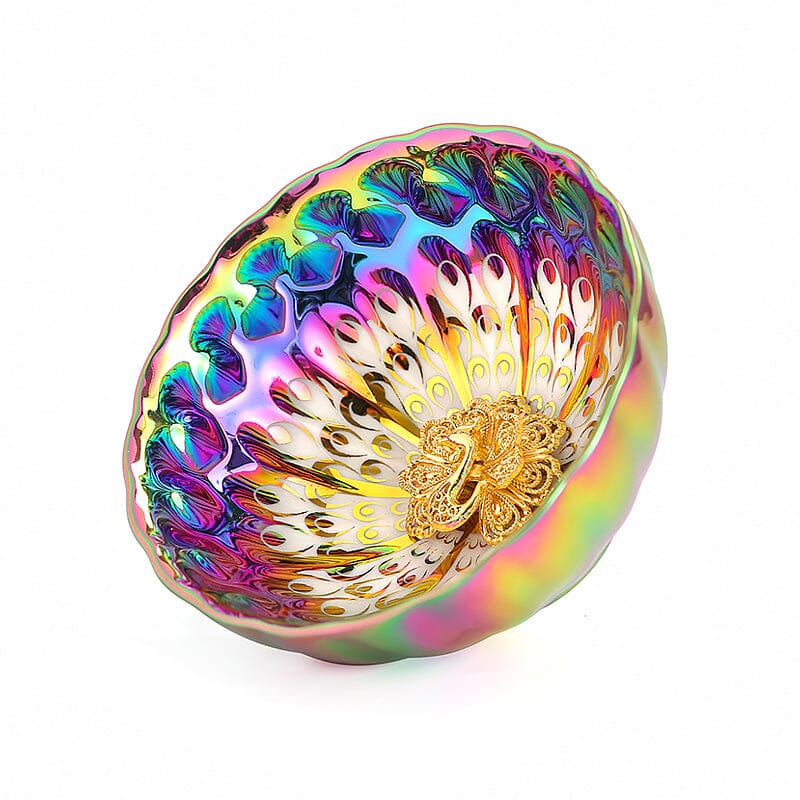
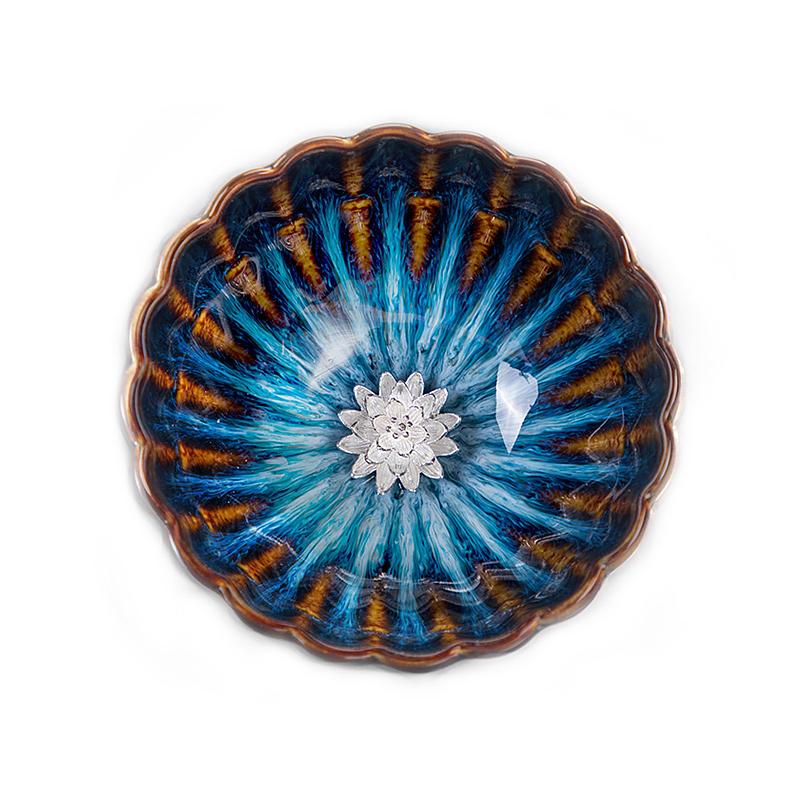
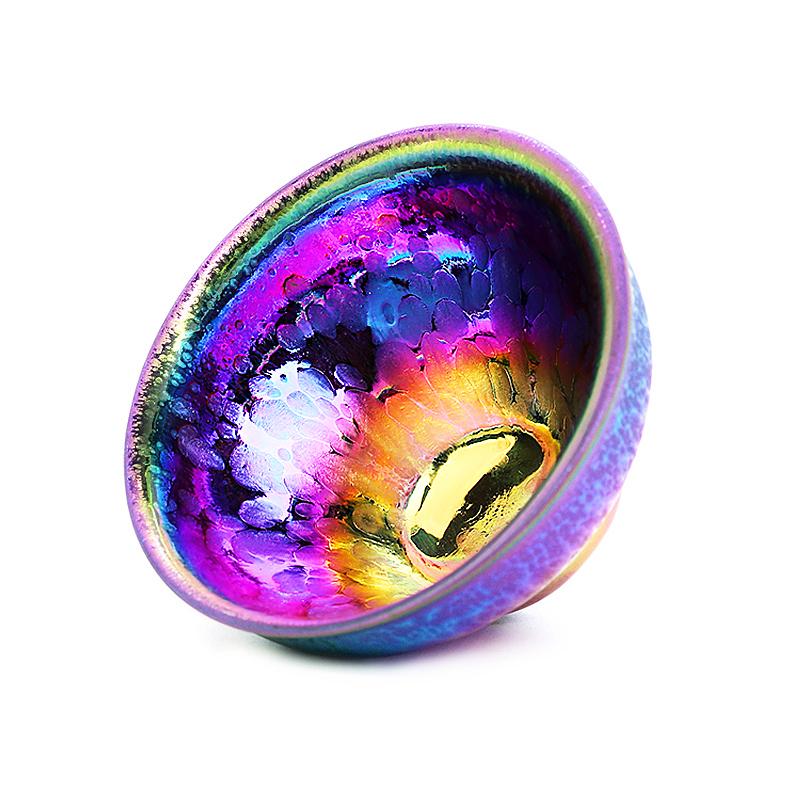
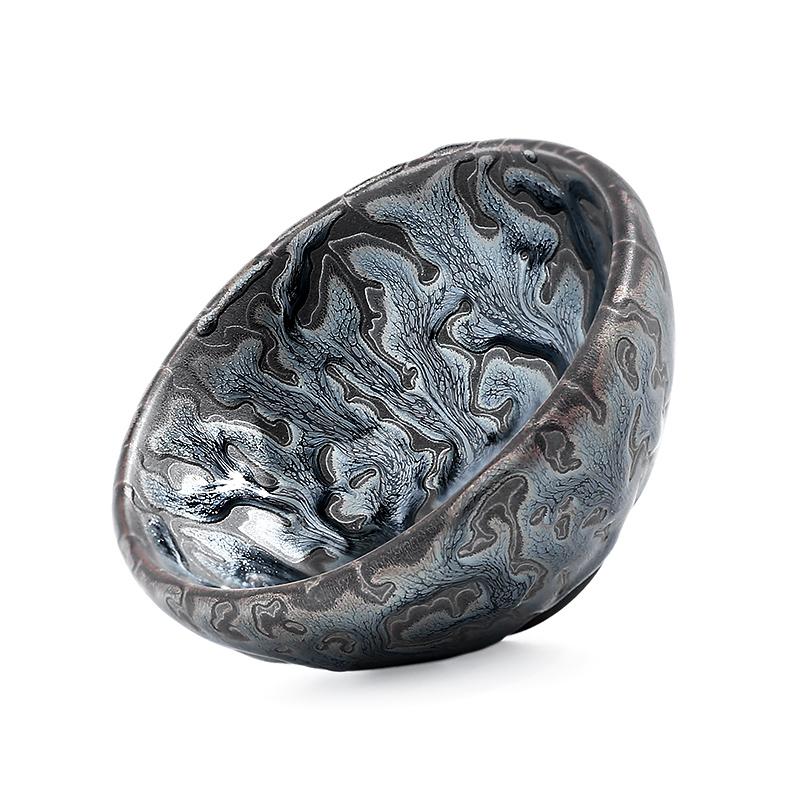
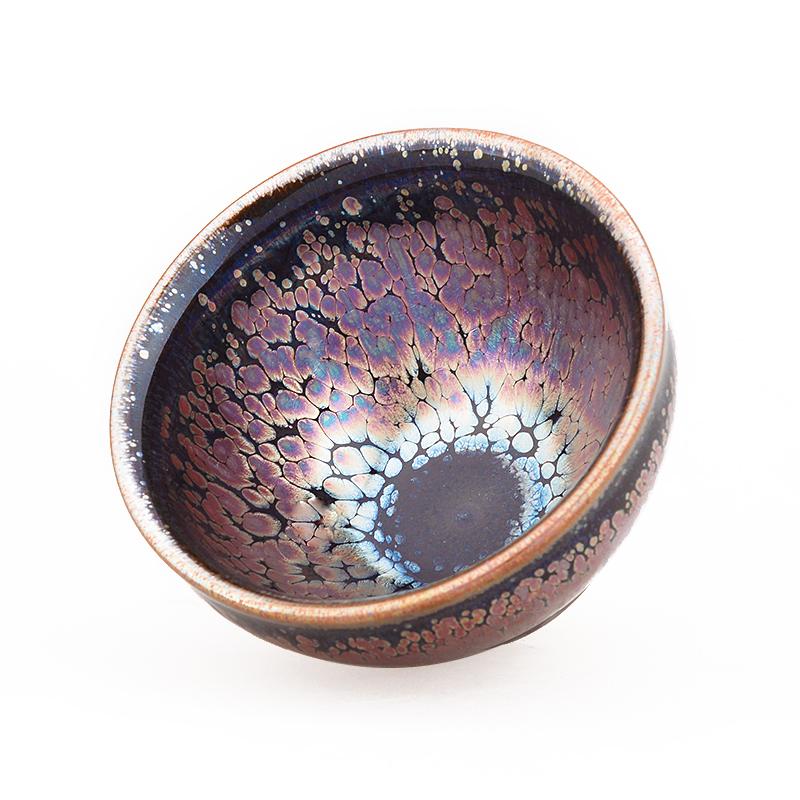
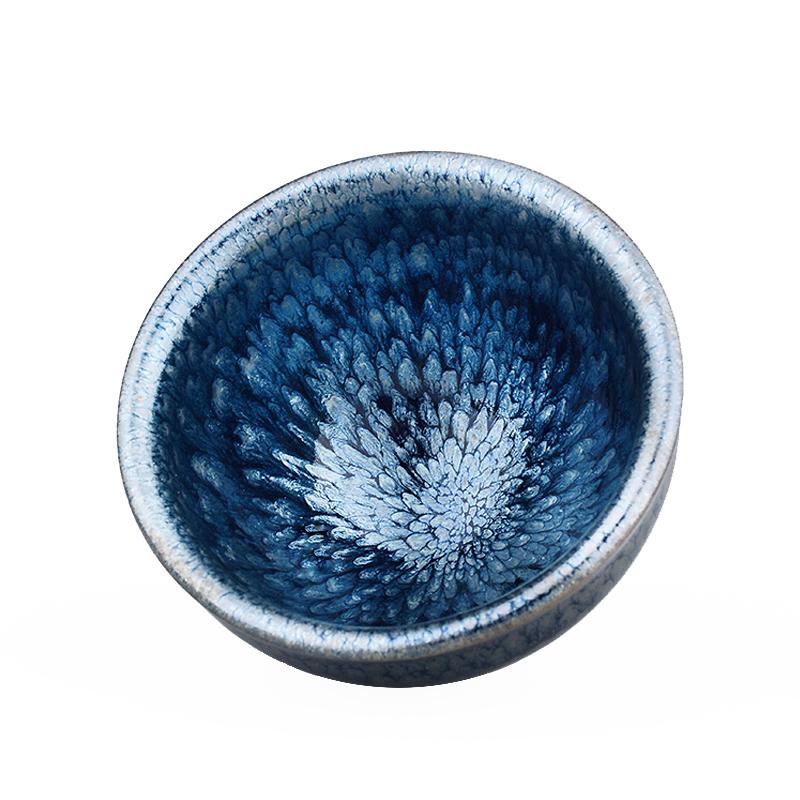
Compartir:
¿Alguna vez has visto un Jianzan de alta calidad
Tea Art Knowledge Teaching: Knocking Finger Ceremony